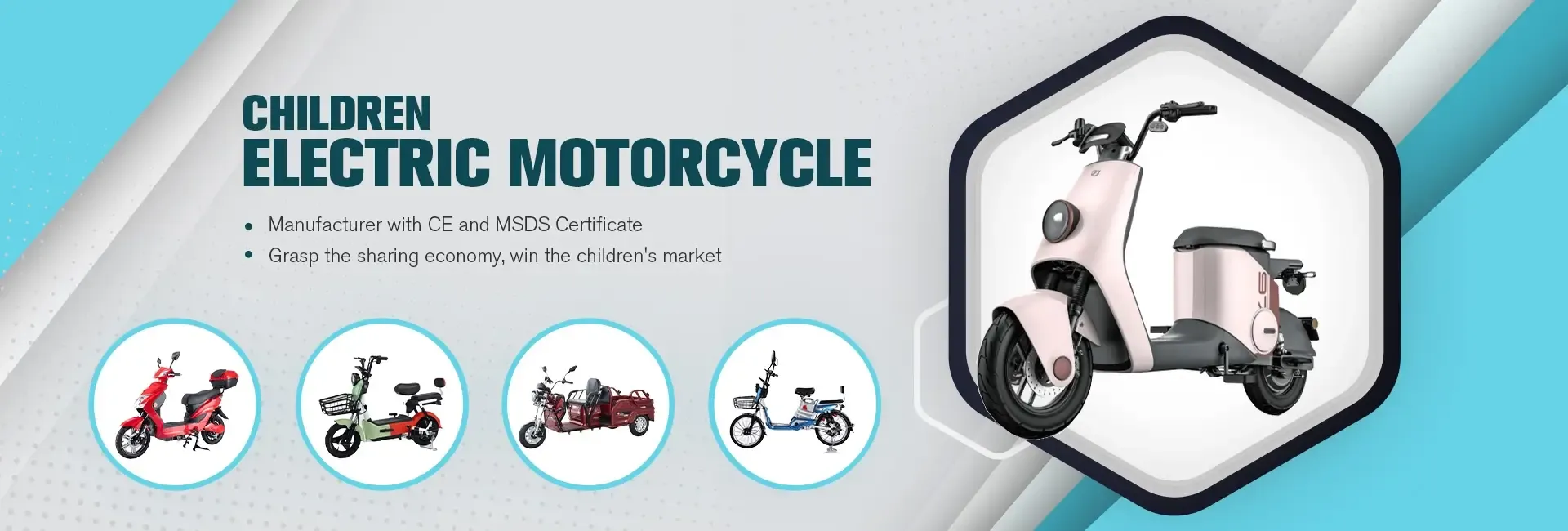
- Afrikaans
- Albanian
- Amharic
- Arabic
- Armenian
- Azerbaijani
- Basque
- Belarusian
- Bengali
- Bosnian
- Bulgarian
- Catalan
- Cebuano
- Corsican
- Croatian
- Czech
- Danish
- Dutch
- English
- Esperanto
- Estonian
- Finnish
- French
- Frisian
- Galician
- Georgian
- German
- Greek
- Gujarati
- Haitian Creole
- hausa
- hawaiian
- Hebrew
- Hindi
- Miao
- Hungarian
- Icelandic
- igbo
- Indonesian
- irish
- Italian
- Japanese
- Javanese
- Kannada
- kazakh
- Khmer
- Rwandese
- Korean
- Kurdish
- Kyrgyz
- Lao
- Latin
- Latvian
- Lithuanian
- Luxembourgish
- Macedonian
- Malgashi
- Malay
- Malayalam
- Maltese
- Maori
- Marathi
- Mongolian
- Myanmar
- Nepali
- Norwegian
- Norwegian
- Occitan
- Pashto
- Persian
- Polish
- Portuguese
- Punjabi
- Romanian
- Russian
- Samoan
- Scottish Gaelic
- Serbian
- Sesotho
- Shona
- Sindhi
- Sinhala
- Slovak
- Slovenian
- Somali
- Spanish
- Sundanese
- Swahili
- Swedish
- Tagalog
- Tajik
- Tamil
- Tatar
- Telugu
- Thai
- Turkish
- Turkmen
- Ukrainian
- Urdu
- Uighur
- Uzbek
- Vietnamese
- Welsh
- Bantu
- Yiddish
- Yoruba
- Zulu
Sep . 04, 2024 10:04 Back to list
e bike cost
Understanding the Cost of E-Bikes A Comprehensive Overview
In recent years, e-bikes have surged in popularity, providing an alternative mode of transportation that offers both convenience and environmental benefits. As more individuals consider making the switch from traditional bicycles or cars to e-bikes, understanding the associated costs becomes paramount. This article will delve into the various factors influencing e-bike costs, allowing potential buyers to make informed decisions.
Initial Purchase Price
The most noticeable cost associated with e-bikes is the initial purchase price. E-bikes generally range from $600 to over $4,000, depending on model, brand, features, and specifications. Entry-level models tend to be more affordable but may lack in battery capacity or speed. On the other hand, high-end e-bikes come equipped with advanced technology, powerful motors, and longer-lasting batteries, justifying their higher price tag. Brand reputation also plays a significant role; well-known brands often charge a premium for quality and reliability.
Battery and Maintenance Costs
A crucial component of e-bikes is the battery, which can significantly affect overall costs. Most e-bike batteries have a lifespan of 500 to 1,000 charge cycles, which translates to about two to five years of use, depending on maintenance and frequency of use. Replacement batteries can cost anywhere from $300 to $800, depending on brand and capacity.
Additionally, e-bikes do require regular maintenance, albeit usually less than traditional bicycles. Basic maintenance costs, including tire replacements, brake adjustments, and periodic checks can range from $50 to $150 annually. However, keeping the e-bike in good working condition ensures longevity and better performance.
e bike cost

Insurance and Registration
Unlike traditional bicycles, some regions require e-bike insurance and registration, adding an additional layer of cost. While not universally mandated, insuring an e-bike can set you back between $50 to $300 annually, depending on the coverage level and your location. Registration fees are usually minimal, ranging from $10 to $50, but can vary based on local regulations.
Additional Costs to Consider
In addition to the purchase price and maintenance, potential e-bike owners should consider other costs, including accessories and upgrades. Helmets, locks, lights, and panniers can contribute an additional $100 to $300 to the initial investment. Riders looking to enhance their e-biking experience may also consider purchasing upgraded components like better tires or an advanced display.
Conclusion
Choosing to invest in an e-bike is a multifaceted decision influenced by various costs. While the initial price can seem daunting, it's essential to factor in the long-term savings on gas, maintenance, and wear-and-tear associated with traditional vehicles. Furthermore, with an array of financing options available, aspiring e-bike owners can find solutions that fit their budgets.
Ultimately, the cost of owning an e-bike is not merely about the upfront expenditure but also the long-term savings and the satisfaction of contributing to a sustainable future. By understanding the total costs involved, buyers can better navigate the e-bike market and select a model that meets both their financial and transportation needs.
-
The Ultimate Kids' Four-Wheeler Experience
NewsJul.09,2025
-
The Ultimate Guide to Mountain Bikes: Gear Up for Your Ride
NewsJul.09,2025
-
The New Age of Cycling: Electric Bikes for Every Rider
NewsJul.09,2025
-
The Best Kids Bicycles: Ride in Style and Safety
NewsJul.09,2025
-
The Best 3-Wheel Scooters for Kids: Fun, Safety, and Adventure
NewsJul.09,2025
-
Revolutionize Your Ride: Affordable Electric Bikes
NewsJul.09,2025
-
Finding the Perfect Mountain Bike for Every Rider
NewsJul.09,2025



